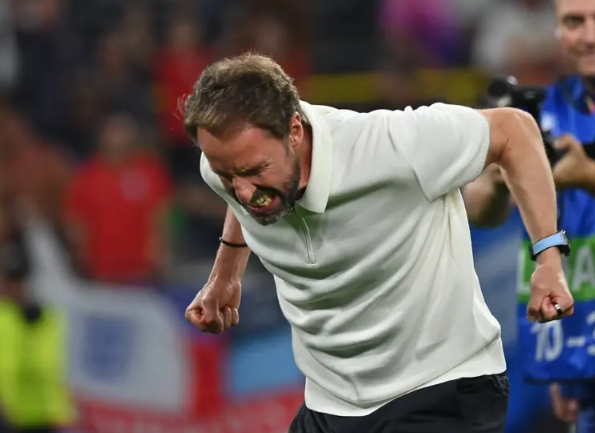
With Euro 2023 behind us, the soccer world has seen a relatively quiet season of managerial changes. According to Football Daily, only two teams, England and Denmark, have changed after this year's Euros
head coach
This figure is much lower than in previous editions and is the lowest since 1988. The reasons behind this phenomenon are mainly the good performance of small and medium-sized teams in this year's Cup and the difficulties of the soccer associations to afford high termination fees due to financial pressures.
Looking back at history, six coaches left after Euro 2021, while as many as 10 coaches were dismissed in Euro 2016, which was dubbed "coach's hell". In contrast, this year's Euros have been unusually calm in terms of coaching changes. Economic factors play an important role in this, many football associations due to financial constraints, can not easily dismiss the current coach and pay large amounts of compensation.
In addition, the expansion of the World Cup has also had an impact on the decisions of the FA. With the increase in the number of places available in Europe and the existence of the UEFA Nations League, coaches have been given more opportunities to prove their abilities. As a result, many federations have chosen to continue to trust their existing coaches and use the second half of the Europa League as a key period to assess their performance.
For those teams that did not perform well in the Europa League, the economic factor is likewise a major obstacle preventing a managerial change. For example, defending champions Italy suffered a humiliating exit in the 1/8 finals, but the Italian Football Federation (FIGC) had to continue to be coached by Luciano Spalletti as they could not afford the severance pay. Similarly, Ukraine and Serbia failed to replace their head coaches due to similar financial woes.
The wave of managerial changes following this year's Europa League shows the reality of the soccer world under economic pressure and the new trend of continued trust in coaches. With the arrival of the UEFA Europa League, these coaches will have the opportunity to further prove themselves, while the soccer associations will continue to find a balance between economics and competition.






























